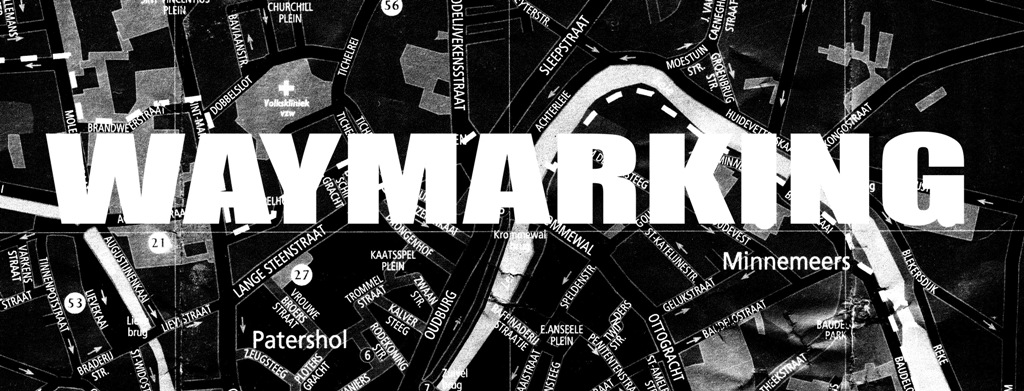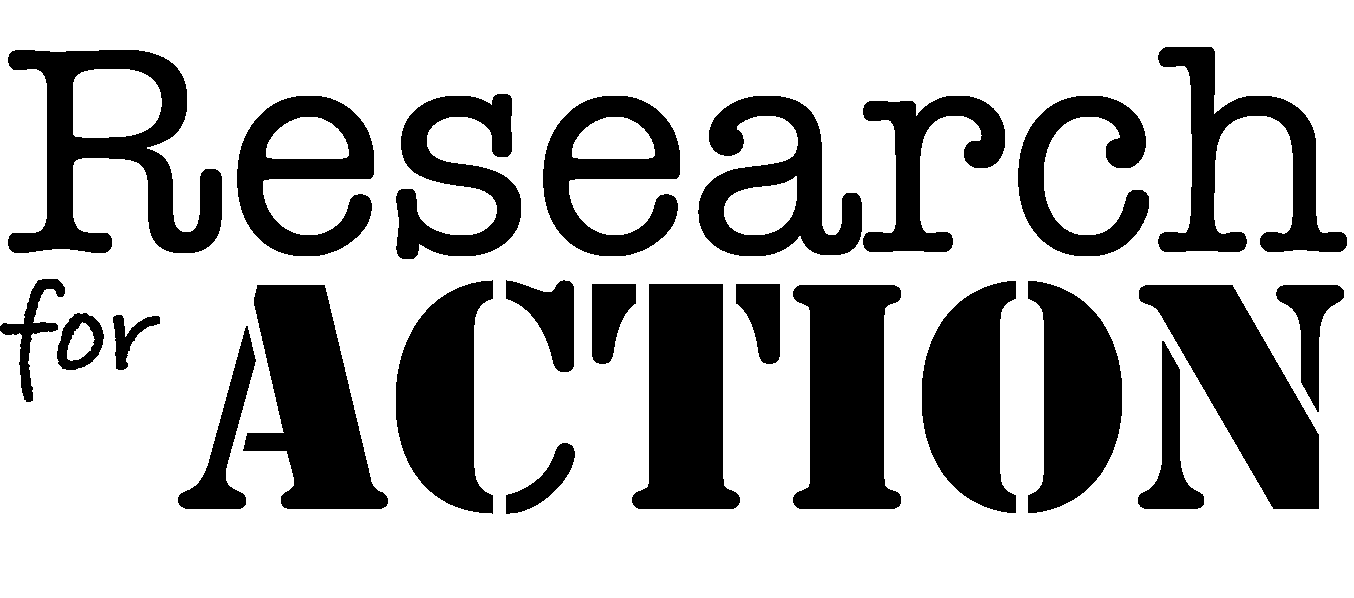Over 10% of UK councils have declared a #ClimateEmergency

CTRLshift along with our Partners in the Permaculture Association and Ethical Consumer Research Association will be attending the 1st Climate Emergency Conference on 29 March 2019 in Lancaster.
Below we reproduce a recent Press Release from https://climateemergency.uk that shows how fast this movement is growing:
More than 40 UK councils have declared a climate emergency, with young people at the forefront of this growing campaign, which crosses the political divide.
Climate emergency motions have been passed by local authorities from all corners of the United Kingdom, and from across the political spectrum including those led by the DUP, the SNP and Plaid Cymru as well as Labour, Conservative and Liberal Democrats.
Green Party councillors in particular have been active is proposing motions which then gain support from other parties. While in some authorities Conservatives have abstained, arguing that the measures required are undeliverable or that they have too many competing priorities, several Conservative controlled councils have passed ambitious motions including: Wiltshire, Scarborough, Mendip, Somerset and Herefordshire.
The motions commit councils to work towards going carbon neutral: 25 of the 40 councils have committed to aim to do this by 2030, after last October’s report by the Intergovernmental Panel on Climate Change (IPCC) called for “rapid, far-reaching, and unprecedented changes in all aspects of society.” Nottingham City Council has committed to 2028, while others have set 2050 or left the date to be determined later.
Ten percent of the 418 first and second tier UK councils have passed motions in the four months since Bristol became the first council to pass a motion last November and the movement is gaining momentum, with five councils declaring last week. Town and Parish councils are also joining in and declaring their own emergencies.
Public galleries have been packed for many of the council meetings where climate emergency motions have been discussed, with both Extinction Rebellion activists and young people heavily involved.
Labour led Carlisle Council passed their motion after hearing from six-year-old Emily Graham, who told councillors that she felt like “politicians are stealing my future from me by doing nothing. We have 12 years left to stop making greenhouse gases if we want to stop climate change…..My future depends on the decisions you make in this room.”
In Lancaster 16-year-old Rosie Mills started a petition to call on the City council to declare a climate emergency and, with help from university student Millie Prosser, gained more than 1500 in a few days. Both young people spoke at the council meeting, where the motion was passed unanimously.
Ms Mills told councillors: “Despite us having been taught since a young age of the
dangers of climate change, the majority of adults in our community have not yet changed in the
ways we have been taught are available to us…. If our leaders do not make the change themselves or do not accommodate the change for others, then how can any progress be made to adapt to and mitigate climate change?”
Ms Prosser appealed for community involvement in the process of decarbonising her locality: “I feel passionate that the people of Lancaster District be considered and included in plans for climate action. Especially that the young people, whose futures and livelihoods are at stake, have a voice that is heard throughout the process.:
Lancaster, like several other councils, has promised a Citizens Assembly to discuss the issue. Both Millie Prosser and Rosie Mills are on the council’s Cabinet Liaison Group, which has been set up to come up with a zero carbon plan and also includes representatives from local business and universities, and other experts.
Councils can have a direct impact on carbon emissions in a variety of ways including: insisting that developers build to higher energy saving standards in all new residential and commercial buildings; ensuring their own vehicles are powered by renewables, and insisting public transport providers do the same; switching their energy supplier to renewables and investing funds in renewable energy; divesting council investment and pensions from fossil fuels; requiring suppliers to be low/zero carbon or to reduce their carbon footprint; expanding green spaces and planting more trees.
Some councils have been working on this for many years, with Nottingham District Council setting up 100% renewable Robin Hood Energy, installing energy efficiency measures in 4500 domestic properties and decarbonising its transport by investing in a fleet of electric, biogas and retrofitted buses, cycling facilities and bike hubs, part funded from a workplace parking levy. Stroud District Council claims that it is already zero carbon in own activities, and is now working towards decarbonising the district as a whole. Simon Pickering, the Chair of their Environment Committee said “Stroud District Council took a long term approach reducing carbon emission when it started auditing it’s annual C02e emissions in response to the Earth Summit in 1992 and was one of the first councils to gain EMAS* accreditation in the late 1990s. The aim was to embed carbon emission saving into the culture of the council, not just a nice to have add on.”
Cllr Kevin Frea, who proposed the Lancaster motion, is organising the UK’s first Climate Emergency Conference in the city on 29 March. Speakers include politicians and experts on a wide range of topics including local planning, citizen’s assemblies, health, rapid transition to a zero carbon Britain, food growing, land use, transport and climate jobs.
“We need to make changes fast and to keep up the momentum, so councils and experts need to share their experience. The conference aims to give practical advice both to those who want to persuade their council to declare a climate emergency and to councils who have already declared and want to learn how best to turn their motion into action.”
The climate emergency motions also call on national government to change national policy and to provide more funding to support local authorities.
Councillor Kevin Frea, acknowledges that funding is an issue, especially with councils continuing to face cuts. “What has shifted is that deadlines are being set without the means to achieve them but with a recognition that this is the reality of what the science is telling us and that we have to act: but there needs to be massive increase in funding to support this and changes in national regulations such as planning and support for renewables.”
*EMAS= EU Eco-Management and Audit Scheme







































[…] http://www.ctrlshiftsummit.org.uk/over-10-of-uk-councils-have-declared-a-climateemergency/ […]
[…] http://www.ctrlshiftsummit.org.uk/over-10-of-uk-councils-have-declared-a-climateemergency/ […]